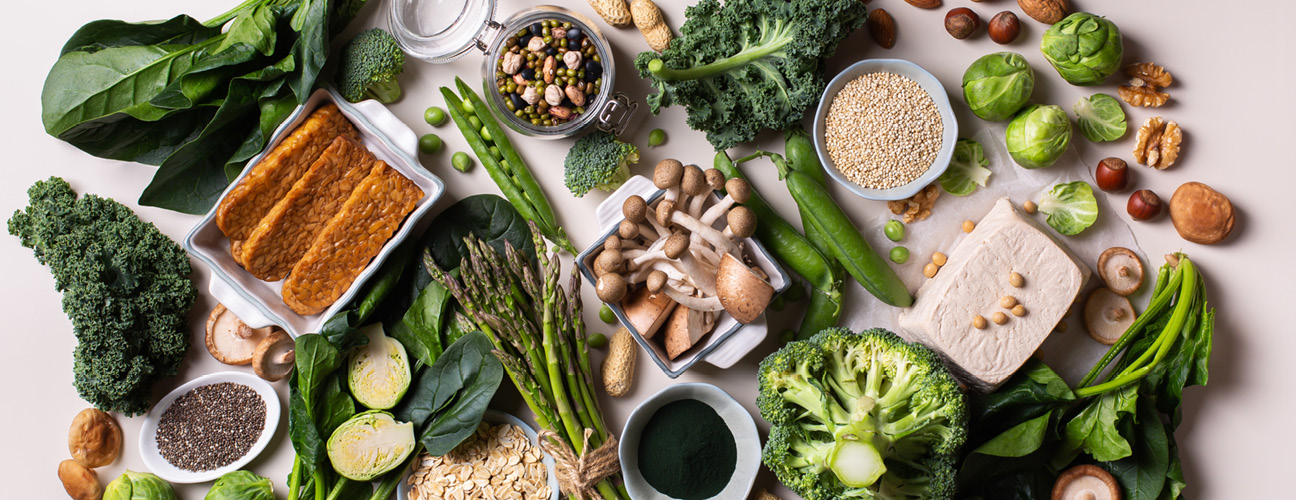Eating less meat? Here’s how to make sure you still get enough protein

If you’re eating less meat these days through adopting a vegan or vegetarian diet, or simply having a day or two in your week which are meat free, it’s sometimes hard to know if you’re eating enough protein. Read on to find out some easy ways to keep your protein up.
Protein is an essential part of our daily diet, enabling the creation and maintenance of every cell in our bodies. Without protein, we can’t build bone, muscle, cartilage and skin. It’s essential for growth and repair, assists red blood cells to carry oxygen around the body, helps to produce the enzymes to digest food and regulate your hormones, reduces muscle loss as we age, and helps maintain a healthy body weight.
The recommended daily intake of protein is 0.84 g per body weight in men, and a little less for women, at 0.75 g per kg of body weight. Over 70, those needs go up to 1.17 g per kg body weight for men, and 0.94 g per kg for women. So if you are an 80 kg man under 70, you will need about 67 g of protein per day, and if you are a 65 kg woman under 70, you’ll need about 49 g per day. An 80 kg man over 70 will need 93 g per day.
If you’re eating a meat-based diet, these amounts are generally met quite easily. But what does 60, 70 or even 100 g of non-meat protein look like?
Here’s a table to keep handy to make sure you are hitting your targets.
|
Protein source |
Protein (g) |
|
One egg |
6 |
|
One cup Greek yoghurt |
10 |
|
100g tofu |
8 |
|
1 cup cooked lentils |
18 |
|
1 cup cooked beans |
15 |
|
1 cup cooked chickpeas |
14.5 |
|
1 cup cooked quinoa |
8 |
|
1 cup green peas |
9 |
|
1 cup cooked broccoli |
2.3 |
|
1 cup cooked brussels sprouts |
4 |
|
1 cup cow’s milk |
8 |
|
1 cup soy milk |
6 |
|
Half a cup oats (dry) |
5 |
|
Third of a cup raw almonds |
6 |
|
100g hommus |
8 |
Depending on whether you are vegan or vegetarian, you can see how combining a few serves each day of some of these foods, can get you up to your required 50 or 80 g of protein with relative ease.

